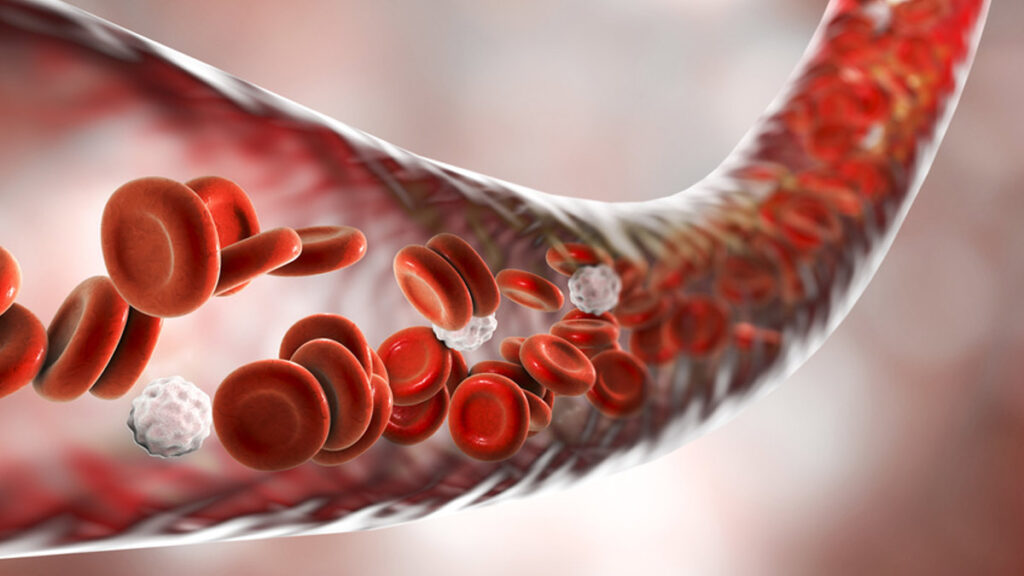Mustard oil, a staple in many South Asian kitchens, is not only a culinary delight but also a powerful ally in boosting the immune system. Extracted from the seeds of the mustard plant (Brassica juncea), mustard oil is renowned for its distinctive pungent flavor and high smoke point, making it ideal for cooking. Beyond its gastronomic applications, mustard oil is brimming with nutrients, compounds, and bioactive properties that contribute significantly to overall health, especially immune function. This article explores how mustard oil works to strengthen the body’s natural defenses and why it should be considered a valuable addition to your diet and wellness routine.
1. Rich in Antioxidants
One of the key factors that make mustard oil beneficial for immune health is its rich antioxidant profile. Antioxidants are molecules that help protect the body from oxidative stress caused by free radicals. Free radicals are unstable molecules that can damage cells, proteins, and DNA, leading to inflammation, premature aging, and chronic diseases such as cancer, heart disease, and neurodegenerative disorders. Mustard oil contains significant levels of compounds like vitamin E, phenolic acids, and flavonoids, all of which have potent antioxidant properties.
Vitamin E, in particular, is known for its ability to protect cells from oxidative damage, reduce inflammation, and support the immune system. The phenolic acids and flavonoids in mustard oil also exhibit anti-inflammatory, anti-cancer, and immune-boosting effects, further enhancing its role in protecting the body from various health threats.
2. Anti-inflammatory Properties
Chronic inflammation is often a key contributor to many immune-related diseases, such as autoimmune disorders, arthritis, and even heart disease. Mustard oil has powerful anti-inflammatory properties, which are primarily attributed to its rich content of omega-3 fatty acids and other bioactive compounds. Omega-3s, especially alpha-linolenic acid (ALA), play a significant role in modulating inflammation in the body. By balancing the inflammatory responses, mustard oil helps to alleviate the burden on the immune system and reduce the risk of chronic diseases.
In addition to omega-3s, mustard oil contains compounds like glucosinolates, which are sulfur-containing compounds that have been shown to have anti-inflammatory effects. These compounds can help reduce inflammation in tissues, making mustard oil an effective natural remedy for inflammatory conditions like arthritis and inflammatory bowel diseases.
3. Rich in Essential Fatty Acids
Essential fatty acids (EFAs) are crucial for the optimal functioning of the immune system. Mustard oil is an excellent source of polyunsaturated fatty acids, particularly omega-3 and omega-6 fatty acids. These fats are vital for the production of eicosanoids, hormone-like substances that regulate immune responses, including inflammation, blood clotting, and the contraction of smooth muscles.
Omega-3 fatty acids, in particular, are known to support the immune system by promoting the activity of immune cells, such as T-cells and macrophages, which help identify and destroy pathogens. Omega-6 fatty acids, when consumed in the right ratio with omega-3s, also play a role in enhancing immune responses. However, it is important to maintain a balanced intake of omega-3 and omega-6 fatty acids to prevent the overproduction of pro-inflammatory molecules.
4. Antimicrobial and Antiviral Properties
Mustard oil is often used in traditional medicine for its antimicrobial and antiviral properties. The oil contains compounds such as allyl isothiocyanate (AITC), which gives mustard its characteristic pungency. AITC has been shown to have broad-spectrum antimicrobial activity, inhibiting the growth of bacteria, fungi, and viruses. This makes mustard oil an effective agent for fighting infections and supporting the immune system in protecting the body against harmful microorganisms.
In addition to AITC, mustard oil contains other bioactive compounds like sinigrin and glucosinolates, which also exhibit antimicrobial and antiviral effects. These compounds help prevent the spread of infections by disrupting the cellular processes of pathogens, thereby strengthening the body’s defenses.
5. Boosting Blood Circulation
Proper circulation is essential for maintaining immune health, as it ensures that immune cells and nutrients are transported throughout the body. Mustard oil is known to improve blood circulation due to its warming properties. When massaged onto the skin, mustard oil stimulates blood flow, which helps enhance the delivery of oxygen and nutrients to cells and tissues, supporting immune function.
Additionally, improved circulation aids in the efficient removal of toxins and waste products from the body. This detoxification process is crucial for maintaining a strong immune system, as the accumulation of toxins can hinder immune responses and make the body more susceptible to infections.

6. Anti-cancer Properties
Recent studies have highlighted mustard oil’s potential as an anti-cancer agent, particularly due to its high levels of glucosinolates and isothiocyanates. These sulfur-containing compounds have been shown to inhibit the growth of cancer cells, prevent DNA damage, and promote the elimination of carcinogenic substances from the body.
The anti-cancer effects of mustard oil are particularly significant for its role in the prevention of certain types of cancers, such as colon, lung, and breast cancer. By enhancing detoxification and reducing oxidative stress, mustard oil contributes to the body’s ability to neutralize harmful agents that could otherwise trigger cancer development.
7. Supports Skin Health and External Immunity
The immune system isn’t limited to internal defenses; it also plays a crucial role in protecting the body from external threats. Mustard oil’s skin-beneficial properties are a testament to its immune-boosting potential. The oil is rich in fatty acids, vitamins, and antioxidants that nourish and protect the skin, making it an effective remedy for skin ailments like dryness, eczema, and fungal infections.
When applied topically, mustard oil forms a protective barrier on the skin, preventing harmful pathogens from entering the body. Its antimicrobial and antifungal properties help combat infections, while its anti-inflammatory effects soothe irritated skin and reduce redness and swelling.
8. Promotes Digestion and Gut Health
A well-functioning digestive system is essential for a robust immune response. Mustard oil aids in digestion by stimulating the production of bile, which helps break down fats and absorb essential nutrients. A healthy gut microbiome is also crucial for immune health, as a large portion of the body’s immune cells resides in the gastrointestinal tract.
Mustard oil’s ability to stimulate the digestive process ensures better nutrient absorption, which in turn supports the immune system. Additionally, mustard oil has antimicrobial properties that can help balance the gut microbiota, reducing the risk of infections and gut-related immune dysfunctions.
9. Regulation of Blood Sugar Levels
Chronic high blood sugar can impair immune function and increase susceptibility to infections. Mustard oil has been shown to have a positive effect on blood sugar regulation, making it beneficial for individuals with diabetes or those at risk of developing the condition. The oil’s healthy fats, particularly omega-3 fatty acids, help improve insulin sensitivity and regulate glucose metabolism, reducing the likelihood of insulin resistance.
By maintaining stable blood sugar levels, mustard oil ensures that the immune system remains strong and capable of responding effectively to threats without being compromised by hyperglycemia.
10. How to Incorporate Mustard Oil into Your Diet
To reap the immune-boosting benefits of mustard oil, it’s important to use it as part of a balanced diet. You can use mustard oil for cooking, particularly for sautéing, frying, or grilling, as it has a high smoke point and retains its beneficial properties at high temperatures. It can also be used in salad dressings, marinades, or drizzled over cooked vegetables.
Additionally, mustard oil can be massaged into the skin to improve circulation and protect the body from external infections. However, it’s essential to ensure you’re not allergic to mustard oil before using it topically, as some individuals may experience skin irritation.
Conclusion
Mustard oil is much more than a cooking ingredient; its numerous health benefits, particularly in boosting the immune system, make it a valuable addition to your wellness routine. From its antioxidant and anti-inflammatory properties to its antimicrobial and blood sugar-regulating effects, mustard oil provides a comprehensive range of support for the body’s defenses. By incorporating mustard oil into your diet and skincare regimen, you can harness its full potential to promote better health, strengthen your immune system, and prevent disease. However, as with any natural remedy, moderation and proper usage are key to ensuring you receive its benefits without overdoing it. Always consult a healthcare professional if you have any concerns or underlying health conditions before making significant changes to your diet.

